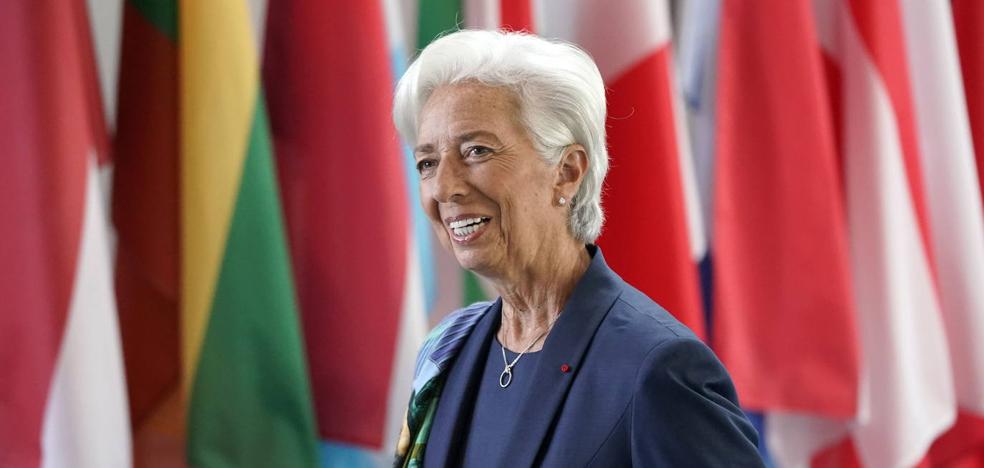Minister of Labor and Economy Martin Kocher (ÖVP) has less money available for active labor market policy in 2023 than this year and assumes that he can get by. For the time being, Wifo and IHS forecasts point to a reasonably stable labor market. Kocher is therefore quite optimistic about the economy this winter.
In the 2023 budget, only EUR 1.3 billion has been set aside for the promotion of labor market policy, this year it was EUR 1.6 billion (excluding short-time working).
“Stability Package”
The motto for next year is “stability package”, the focus has hardly changed and is on skilled labour, the long-term unemployed and young people. If there isn’t enough natural gas for the economy, unemployment, especially short-time work, could rise significantly, Kocher admitted in an interview with the APA.
220 million euros planned for short-time working
But there are also more optimistic scenarios, but only the most likely development can be reflected in the budget. In any case, 220 million euros is planned for short-time work. In addition, it is clear that insurance benefits such as unemployment benefits, emergency aid or pensions are legally protected in any case – there is always money for that, even in the event of a crisis.
Competition concerns for European industry
Kocher is therefore quite optimistic about the economy this winter. Due to savings and the construction of the strategic gas stock, “the situation this winter is less problematic than we thought at the start of the war in the spring. What actually worries me more is the medium and long-term perspective, especially in the field of industry, where the increased costs cannot of course be passed on in international competition,” said the Minister of Economic Affairs.
That will lead to competition problems for European industry, but not this winter. The industry can still take countermeasures and is partially protected against the high energy prices.
Labor market policy reform “this year”
Negotiations will continue on the unemployment benefit reform, an important project for Kocher. “There are very good discussions, I’m still optimistic that we can do it in the near future,” says Kocher, meaning “still this year.” The possible reduction of unemployment benefits in the event of long-term unemployment and the possibility of extra income are still the most controversial topics. From Kocher’s point of view, these points dominate public perception, “from an economic research point of view” there are other important points on which there is already agreement.
In any case, it was good and important to broaden the discussion process, even if it made the reform process “slightly more cumbersome”. But there are many legitimate interests that need to be heard. Nor is it about measures that will come into force in the near future, but about long-term structural reforms.
“double boom” in Germany
Kocher is critical of the aid announced in Germany as a “double boom” with a volume of 200 billion euros to relieve households and the economy in view of the high energy costs. He doubts whether the measures planned in Germany are EU-compliant. But it is still unclear in many areas what exactly Germany is planning. However, if German industry were to be liberated en masse from gas prices, it would put pressure on Austrian industry. In principle, however, gas price reductions are counterproductive because they lead to higher gas consumption, says Kocher.
Kocher sees small watering can
Kocher also rejects the criticism that funding in Austria is distributed too much with the watering can. “I’m not sure we have that many watering cans in comparison”. In Austria, for example, everyone gets the same support from the electricity price brake – which is why some people don’t need it. However, in Germany it is discussed that some of the previous year’s consumption will be supported – high consumption households, who usually have higher incomes, would receive more support. Of course, with more time, Austrian funding could have been improved, but “I think we are relatively accurate compared to other measures,” says Kocher.
In addition, the economic argument holds that even if aid is rolled out to everyone, the money will eventually come from taxpayers, especially those who earn better: “The money doesn’t come out of the finance minister’s pocket,” he told Kachel. . The fact that the aid is financed through a progressive tax system is also “an argument why the measures should not be made too precise and complicated”.
Source: Krone
I’m Wayne Wickman, a professional journalist and author for Today Times Live. My specialty is covering global news and current events, offering readers a unique perspective on the world’s most pressing issues. I’m passionate about storytelling and helping people stay informed on the goings-on of our planet.



